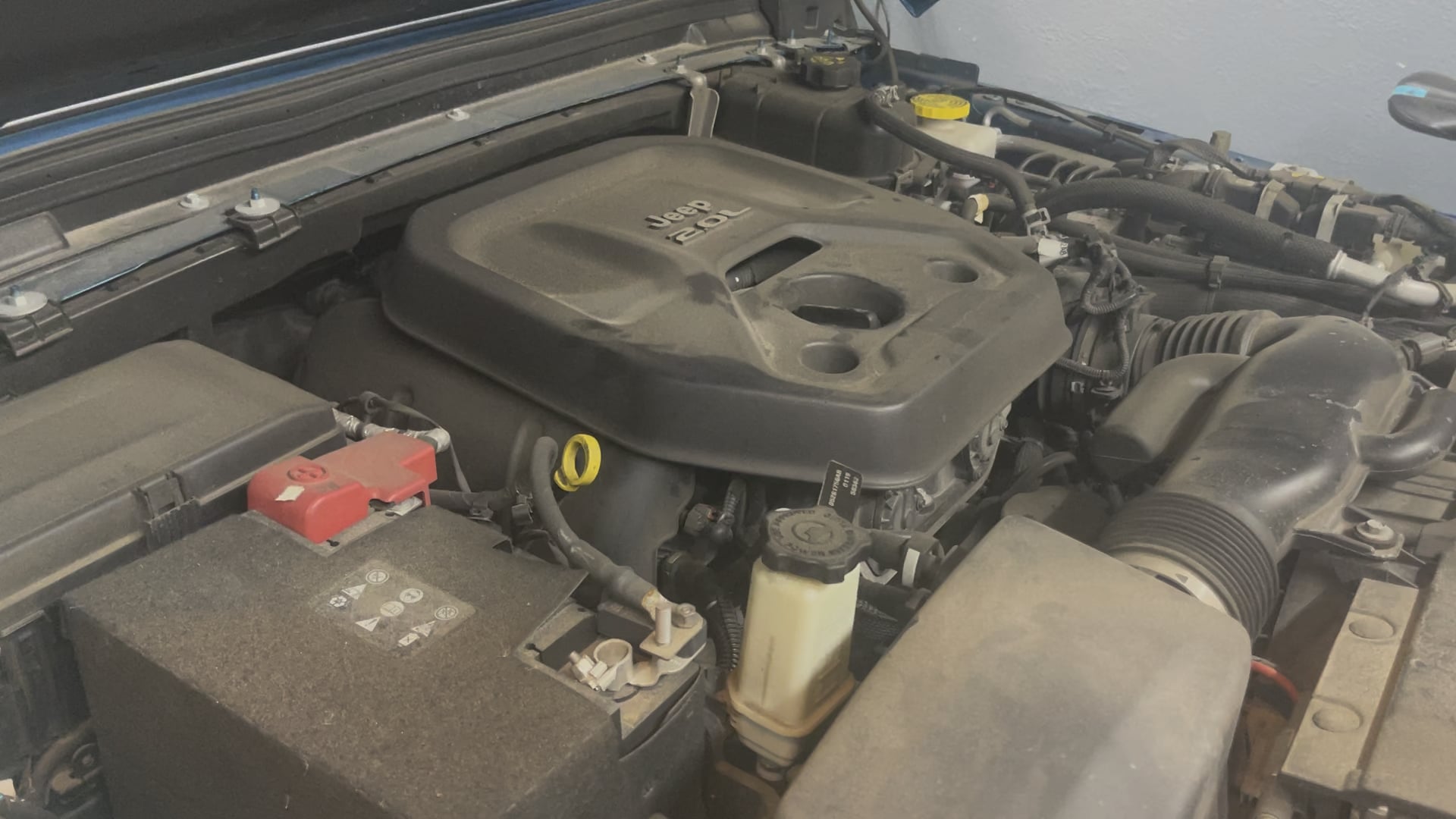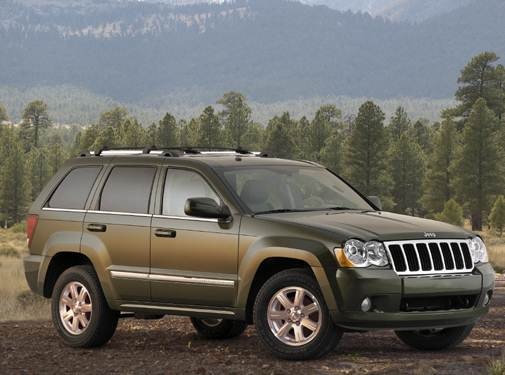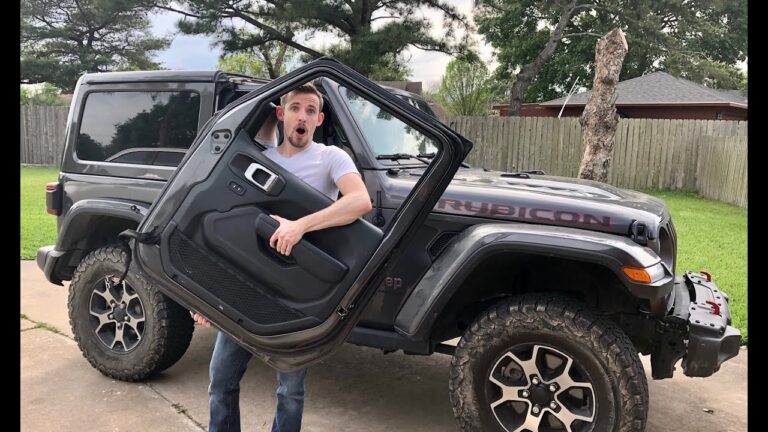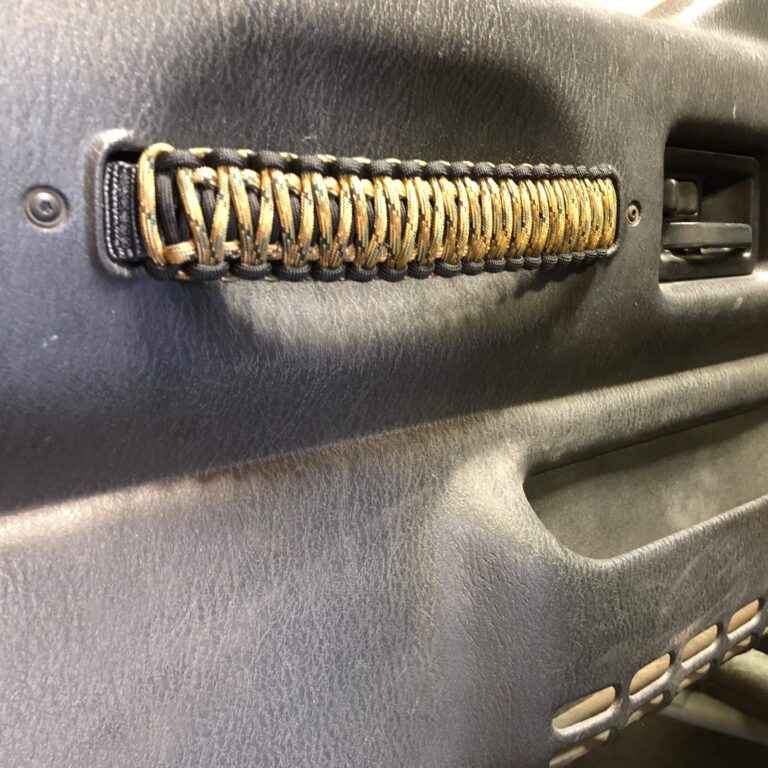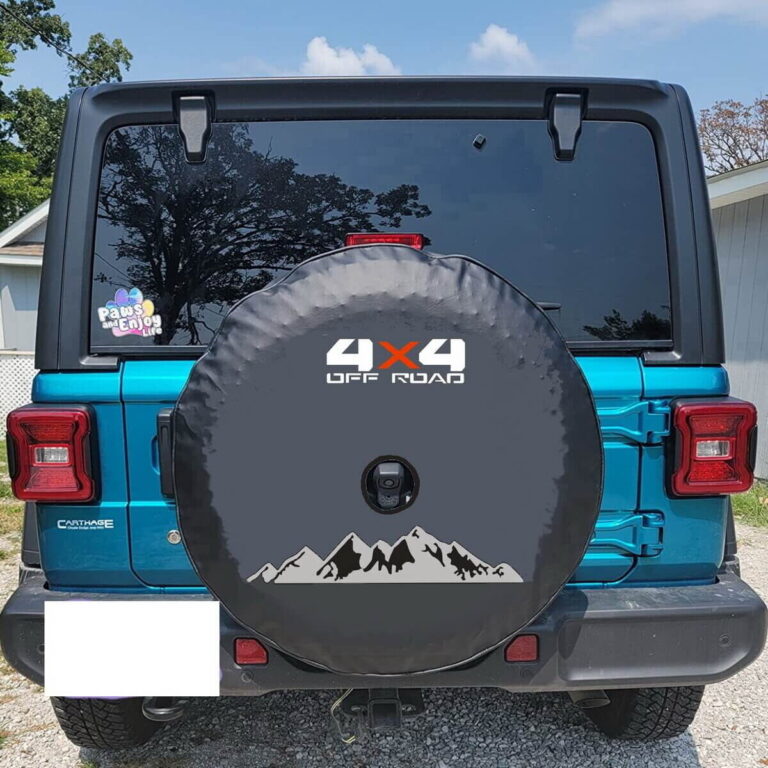Jeep Wrangler 2.0 Turbo Engine Noise: Solve Annoying Rattles
The Jeep Wrangler is a popular car. It is known for its power and style. The 2.0 Turbo engine is strong. But, sometimes it makes noise. This guide helps you understand these noises. Knowing these sounds is important. It helps keep your car safe.
Credit: www.tiktok.com
What is the Jeep Wrangler 2.0 Turbo Engine?
The 2.0 Turbo engine is special. It is small but powerful. Turbo engines help cars go faster. They also save fuel. This engine is in the Jeep Wrangler. People like it for its strong performance. But, like all engines, it makes noise.
Common Noises from the Jeep Wrangler 2.0 Turbo Engine
Engines make many sounds. Some are normal. Others can mean trouble. Let’s explore these noises.
1. Whistling Noise
Sometimes, you hear a whistling sound. This sound comes from the turbo. Turbos spin fast. Air moves through them. This can cause a whistle. Often, this sound is normal. But if it is loud, check it.
2. Clicking Noise
Clicking noises can be normal. Often, it is just the engine parts moving. But, if the noise is new, check it. It can mean low oil. Or, it might be a loose part.
3. Hissing Noise
A hissing sound can mean a leak. Air or fluid might be escaping. This can be serious. Check for leaks if you hear hissing.
4. Knocking Noise
Knocking is not good. This sound means a problem. It might be in the engine. Or, it could be the fuel. Get help if you hear knocking.
Why Do These Noises Happen?
Engines have many parts. They work together. Sometimes, they make noise. Let’s see why.
- Air Movement: Turbos use air. Air moves fast. This can cause sounds.
- Metal Parts: Engines have metal parts. They move and touch. This can make noise.
- Fuel Combustion: Fuel burns in the engine. This process makes sounds.
- Wear and Tear: Engines get old. Parts wear out. Worn parts make noise.
How to Deal with Engine Noise
Engine noise can be worrying. But, you can take steps to fix it.
1. Regular Maintenance
Maintenance is key. Check your engine often. Change oil on time. Look for leaks. This keeps the engine healthy.
2. Listen To Your Car
Your car talks to you. Listen to its sounds. If you hear new noises, check them. Early action can save money.
3. Get Professional Help
Some noises need experts. If you can’t fix it, see a mechanic. They can find and fix the problem.
Benefits of Understanding Engine Noise
Knowing engine noises helps you. It can save money. It keeps your car safe. Let’s see how.
- Prevent Damage: Fix problems early. This prevents big damage.
- Save Money: Small fixes cost less than big repairs.
- Stay Safe: A healthy engine is safe. Avoid breakdowns.
The Joy of Driving a Jeep Wrangler
The Jeep Wrangler is fun to drive. Its 2.0 Turbo engine is strong. It can handle many roads. Understanding engine noise makes driving better. It gives peace of mind.
1. Adventure Ready
The Jeep Wrangler is for adventure. It can climb hills. It can cross rivers. The engine helps in tough spots.
2. Stylish And Strong
The Wrangler looks good. It is also strong. This makes it a favorite for many drivers.
3. Fuel Efficient
The 2.0 Turbo engine saves fuel. This is good for long trips. Save money on fuel.
Credit: www.jlwranglerforums.com
Frequently Asked Questions
What Causes Noise In Jeep Wrangler 2.0 Turbo Engine?
The noise often comes from the turbocharger. It may be due to loose parts or lack of lubrication.
Is Jeep Wrangler 2.0 Turbo Engine Noise Normal?
Some noise is normal. But loud or unusual sounds might indicate a problem. Check with a mechanic.
How Can I Reduce Jeep Wrangler Engine Noise?
Regular maintenance can help reduce noise. Ensure all parts are properly lubricated and tightened.
Does Turbo Whine In Jeep Wrangler Indicate A Problem?
A slight turbo whine is normal. But a loud or unusual whine may indicate an issue needing attention.
Conclusion
Jeep Wrangler’s 2.0 Turbo engine is powerful. Understanding its noise is important. It helps keep the car in good shape. Always listen to your engine. Regular checks can prevent problems. Enjoy driving your Jeep Wrangler with confidence.
Remember, taking care of your car is key. A well-maintained car lasts long. It also keeps you safe on the road. Happy driving!

